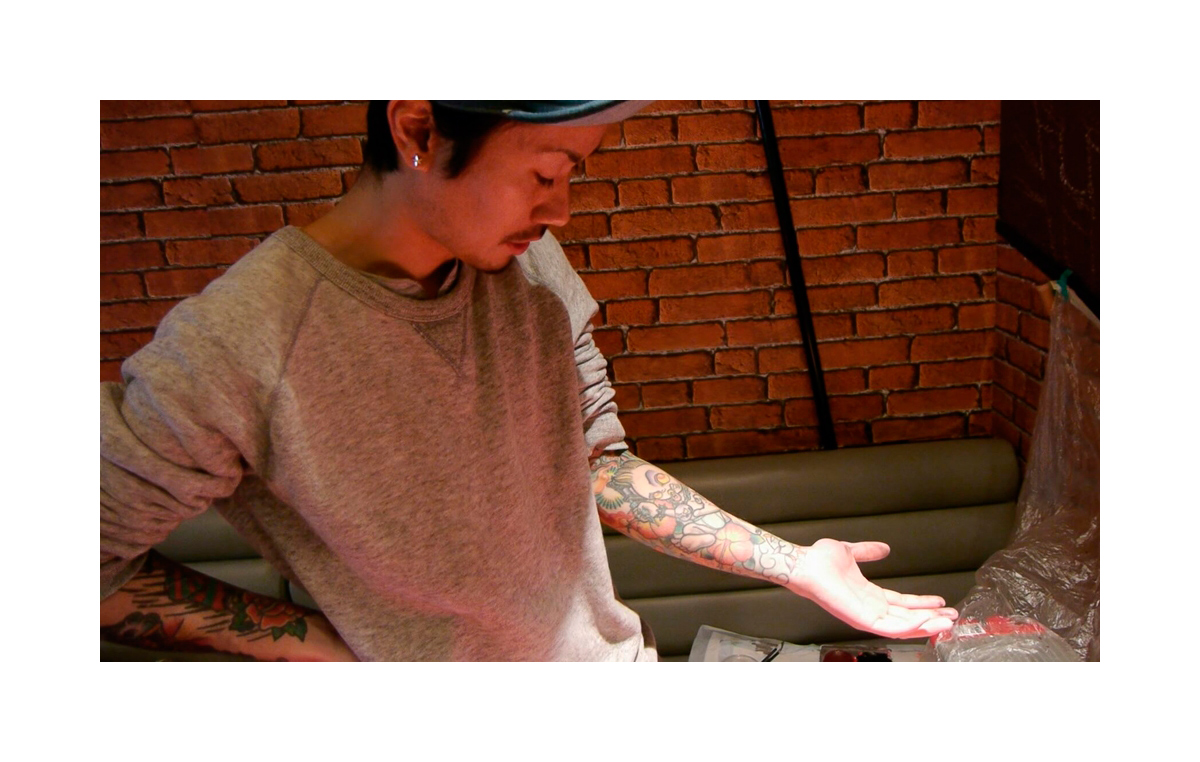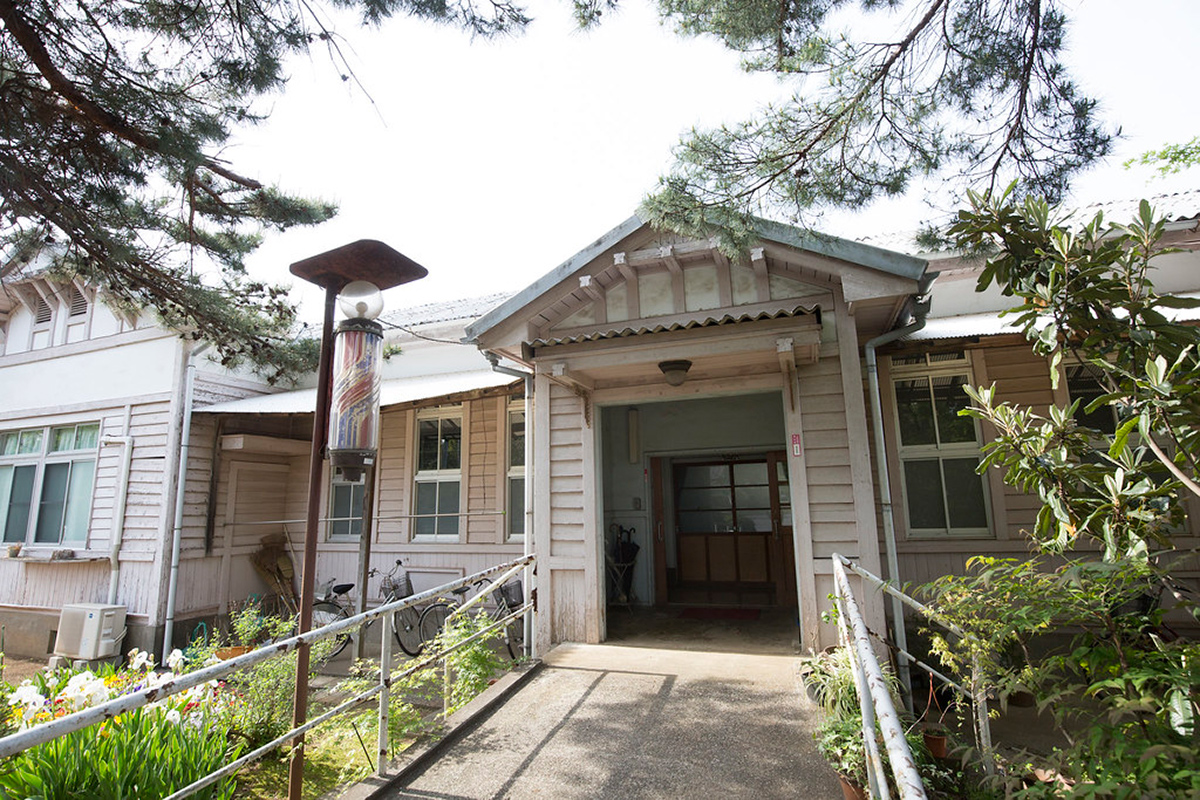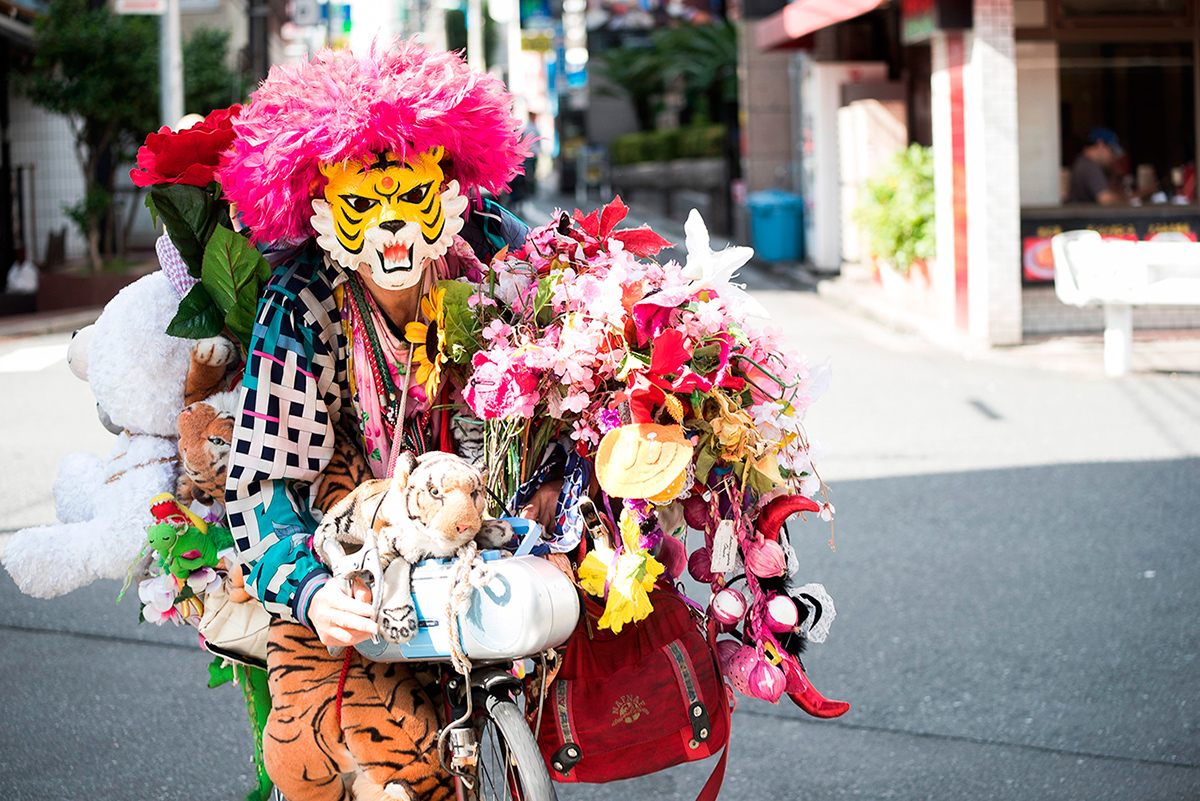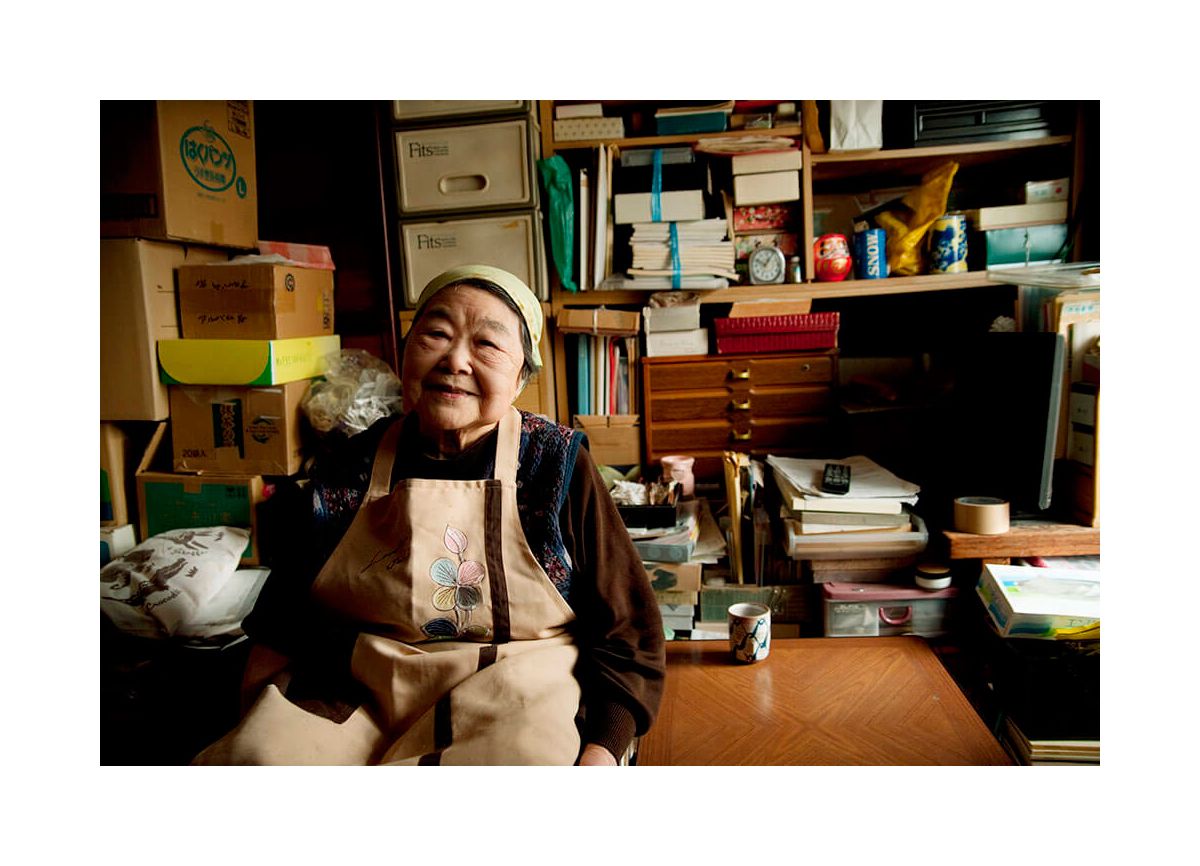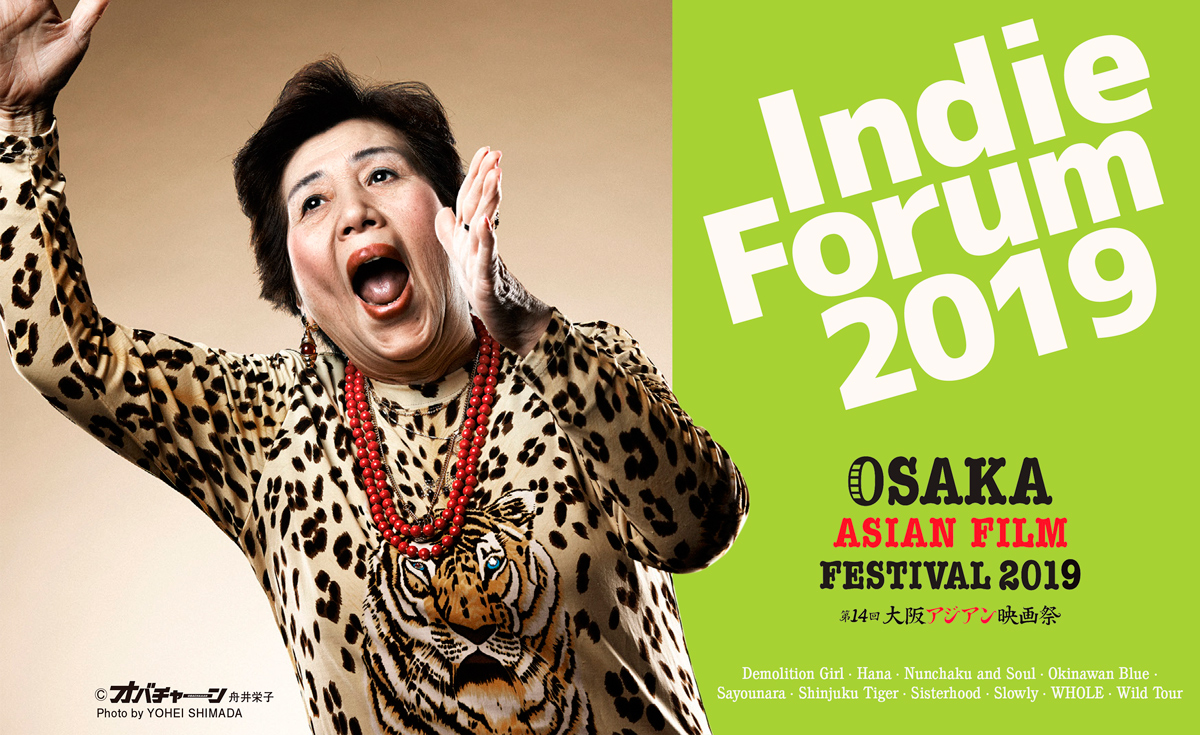Criminal Engravement – A Young Tattoo Artist Challenges the System (Working Title)
Why are tattoo artists getting arrested in Japan? Despite its rich history and tradition that dates back centuries, tattoo is one of the most divisive and controversial issues in Japan. A young tattoo artist stands up for his rights and dares to open Japan’s “Pandora’s box” that exposes a society that is fast becoming an undemocratic totalitarian state. Yamamoto Hyoe is following up his compelling documentary Samurai and Idiots – The Olympus Affair with another feature documentary this time focusing on a case barely being covered in local media. Once again approaching the issue from the standpoint of a Japanese who has also spent most of his life in America, Yamamoto is placing the spotlight on the impact this case may have beyond the reach of tattooing itself. Despite the popularity of Japanese-style body art abroad, tattooing still carries a negative stigma associated with the yakuza and therefore people with tattoos are often stereotyped as not being “upstanding” citizens. The stigma has also carried over into unscientific-like arguments over the sanitariness of people with tattoos which …

